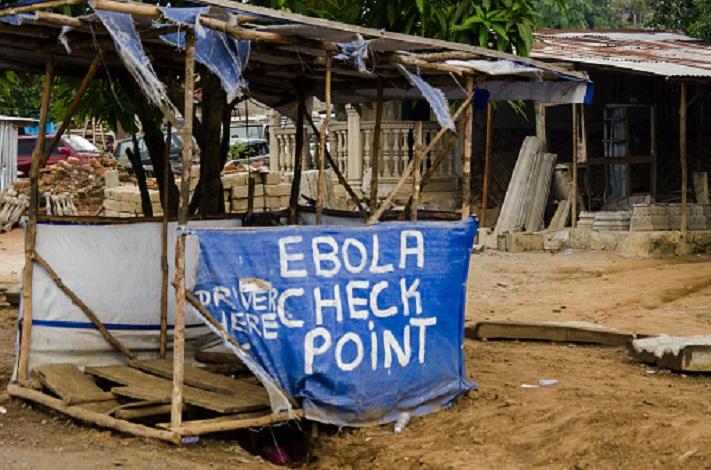The Ebola outbreak in Guinea will be over on Saturday after around four months, the World Health Organization (WHO) has stated. They declared the epidemic after people in the West African country died for the first time in five years from the effects of the Ebola virus.
A total of 16 infections and 12 deaths were identified, the WHO reports. By vaccinating nearly 11,000 people against Ebola and taking other measures, they brought the outbreak under control.
Why corona has changed science forever
No new infections have been reported for 42 days, the Red Cross reports. The aid organization was in Guinea to provide information, hold safe funerals and carry out Ebola tests, among other things. Although the outbreak is over, the country will remain in a heightened state of alert for the next 90 days.
The virus can be contracted by eating infected animals but can be spread between people through direct contact with, for example, the blood, semen, and sweat of infected persons, who can be contagious after just two days. Fever, headache, vomiting, and diarrhea are among the symptoms.
Ebola has been popping up in Africa now and then since its discovery in 1976. The worst outbreak occurred in West Africa between 2013 and 2016. It started in Guinea but also led to deaths in Liberia and Sierra Leone. The official death toll is over 11,000. The mortality rate is, on average, about 50 percent.
